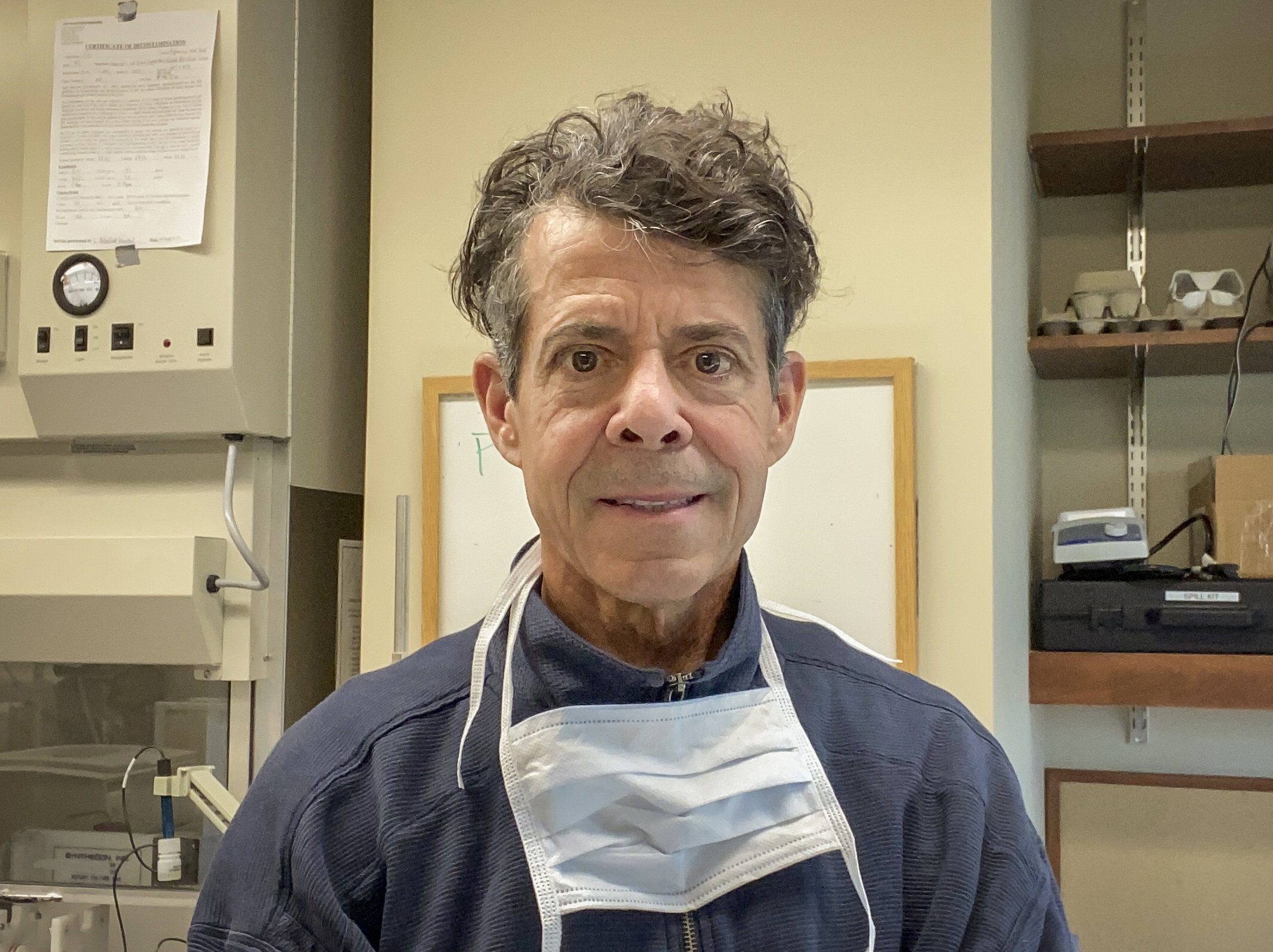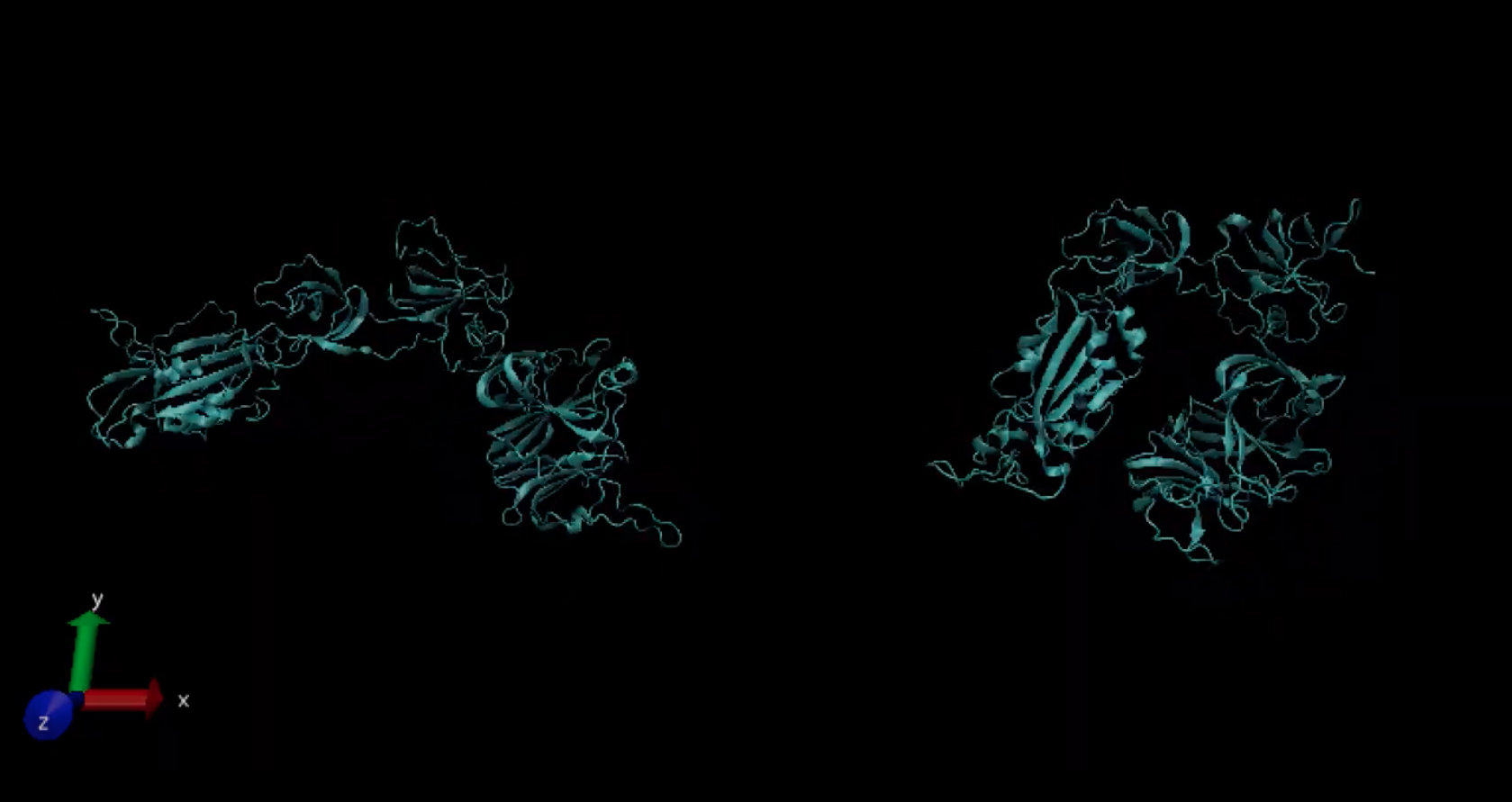Michael H. Peters, Ph.D., professor in the Virginia Commonwealth University’s Department of Chemical and Life Science Engineering, is developing a potential COVID-19 treatment for Hoth Therapeutics Inc., a biopharmaceutical company based in New York, N.Y.
VCU has entered into a sponsored research agreement with Hoth for Peters to continue developing and optimizing the possible therapeutic. Hoth, through VCU’s Innovation Gateway, holds an exclusive, long-term license for Peters’ patent for a new molecule.
The novel coronavirus that causes COVID-19 infects the body by first attaching to specific surface molecules on human epithelial cells through a domain of the “spike” protein of the virus.
Peters has developed a small peptide molecule that demonstrates strong and stable attachment to that domain, mimicking the way the virus binds to those surface molecules. If the novel molecule can directly block the initial process of the virus attachment, it could prevent invasion and limit transmission of the virus. He received a VCU COVID-19 Rapid Research Funding Opportunity in May to test the molecule.
By using powerful supercomputers at NASA’s Ames Research Center in California’s Silicon Valley, Peters and his former graduate student, Oscar Bastidas, Ph.D., (Ph.D.’18), now a postdoctoral research fellow at University of Minnesota’s College of Biological Sciences, have been investigating the mechanistic action of the spike protein.

After energetically mapping the spike protein, they identified a possible factor that may be able to restrict one of its important actions and have done preliminary molecular dynamic studies.
“Our initial findings regarding the identification of a molecular latch potentially critical to cellular infection have been further corroborated by our molecular dynamics simulations, which is promising,” Bastidas said.
Peters joined Hoth’s scientific advisory board in May.
“VCU, through the leadership of Dr. Michael Peters, has made significant strides in the research of the COVID-19 disease,” said Robb Knie, CEO of Hoth Therapeutics, in a written statement. “We look forward to working with VCU in accelerating progress on the development of this intellectual property and in establishing novel treatments to combat the pandemic.”
